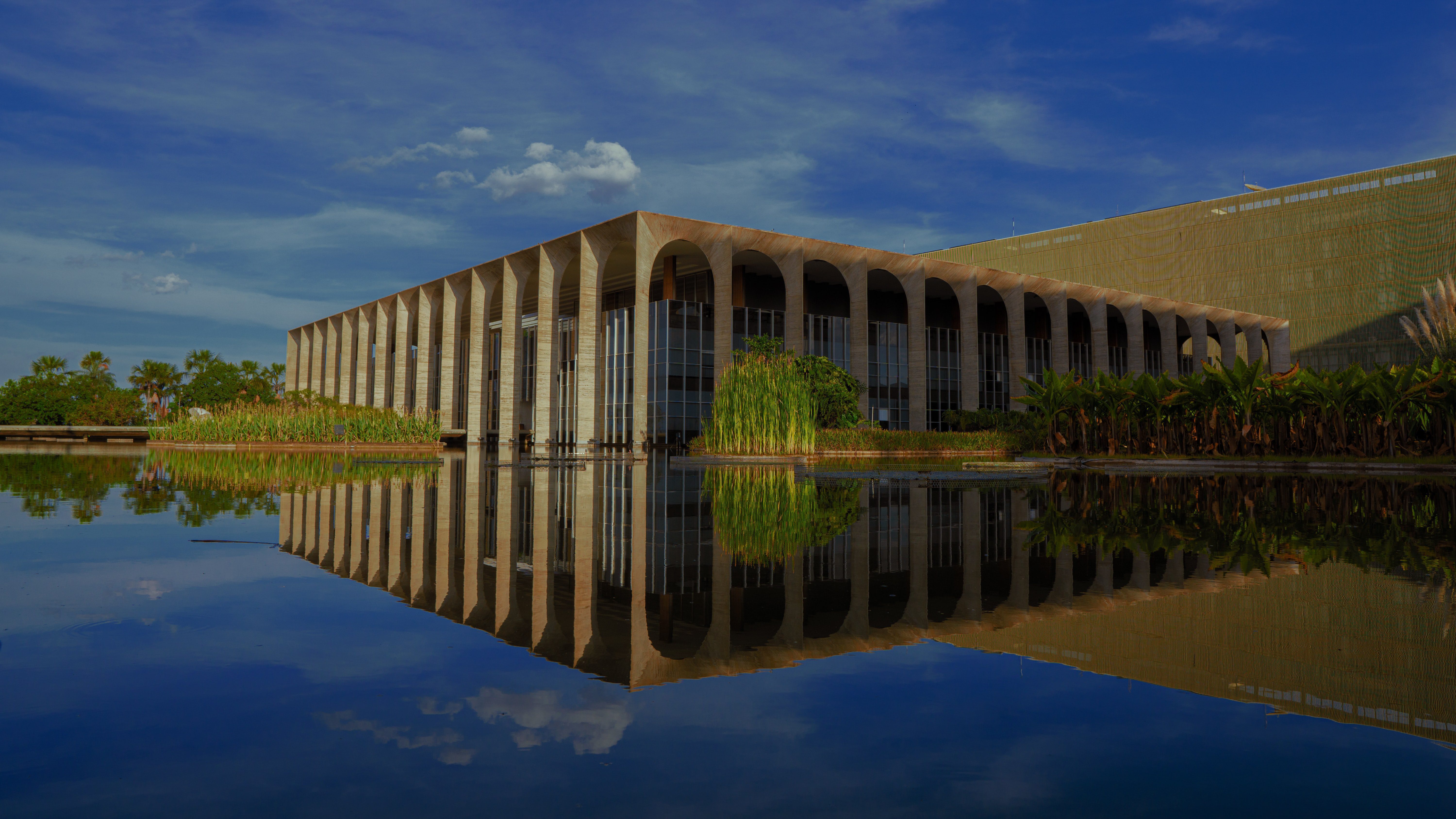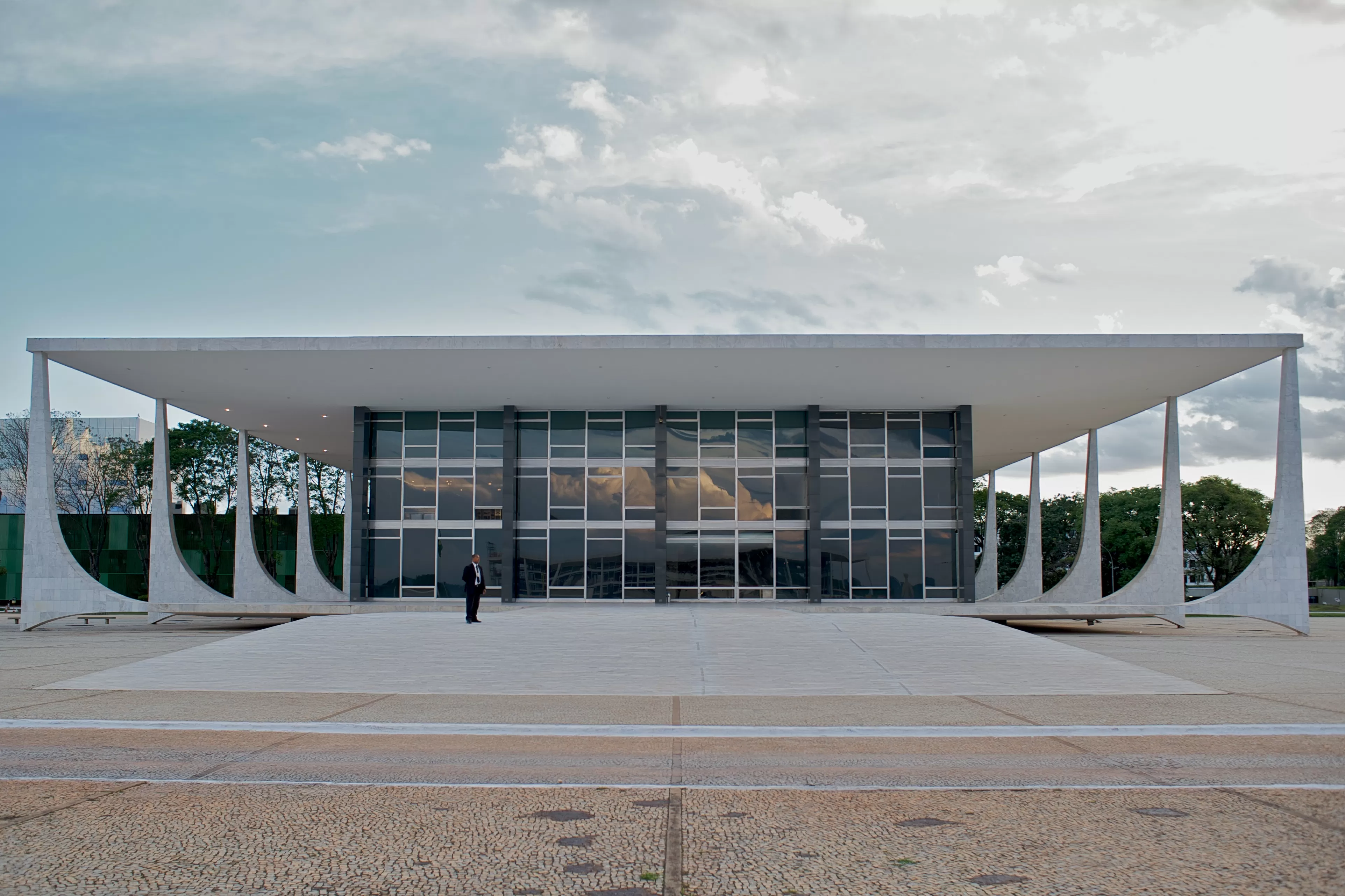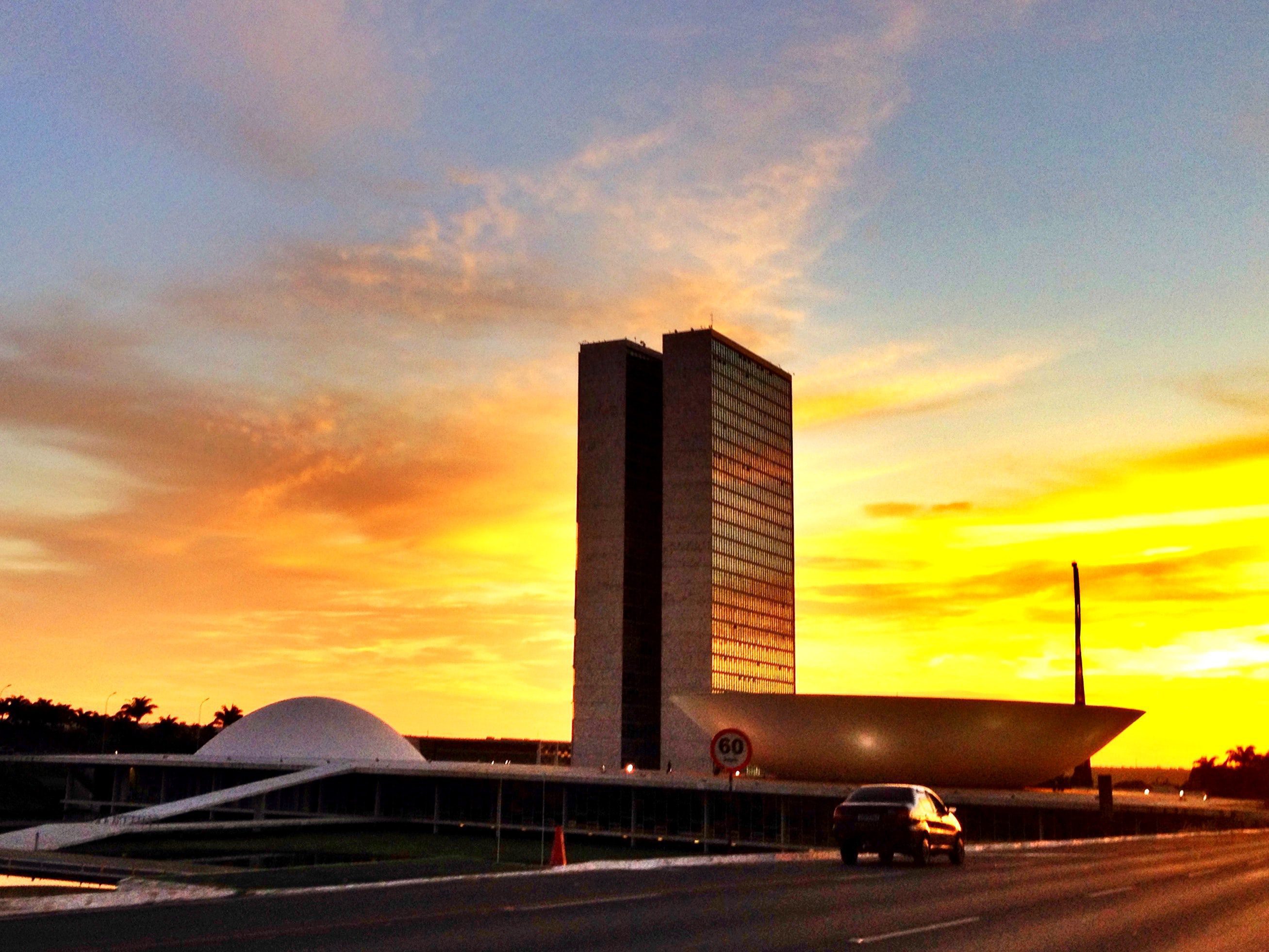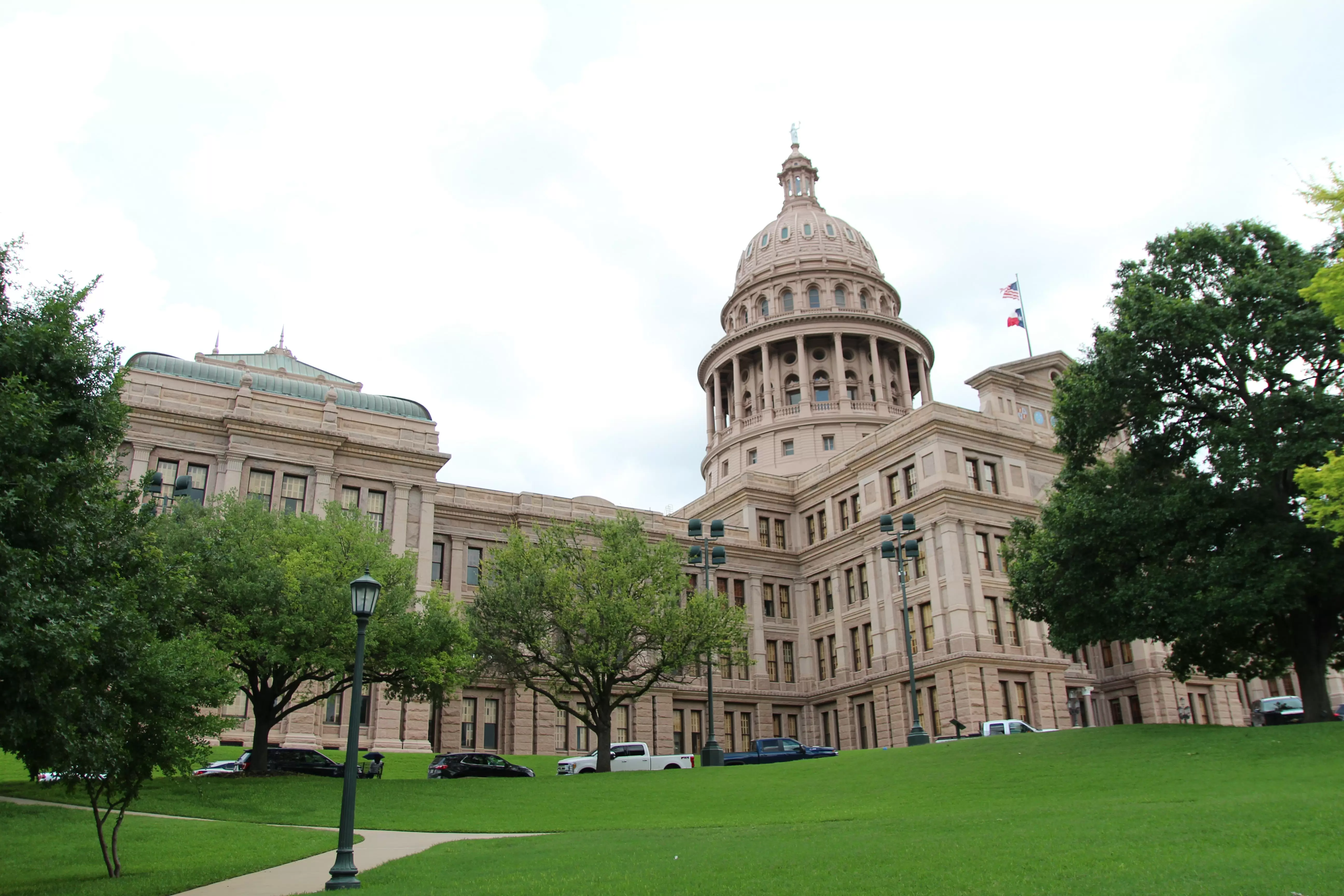1. Election and term of office of the President
The President of the Republic is elected through direct and indirect voting, and serves a four-year term.
During his term, the President is the head of state and government and is responsible for representing the country in international relations.
2. Powers and responsibilities of the President
The President has the power to veto or sign laws, appoint and dismiss ministers and other public officials.
He is also responsible for ensuring the country's national security and defense, and has the power to declare a state of siege or emergency in the event of a threat to peace or public order.
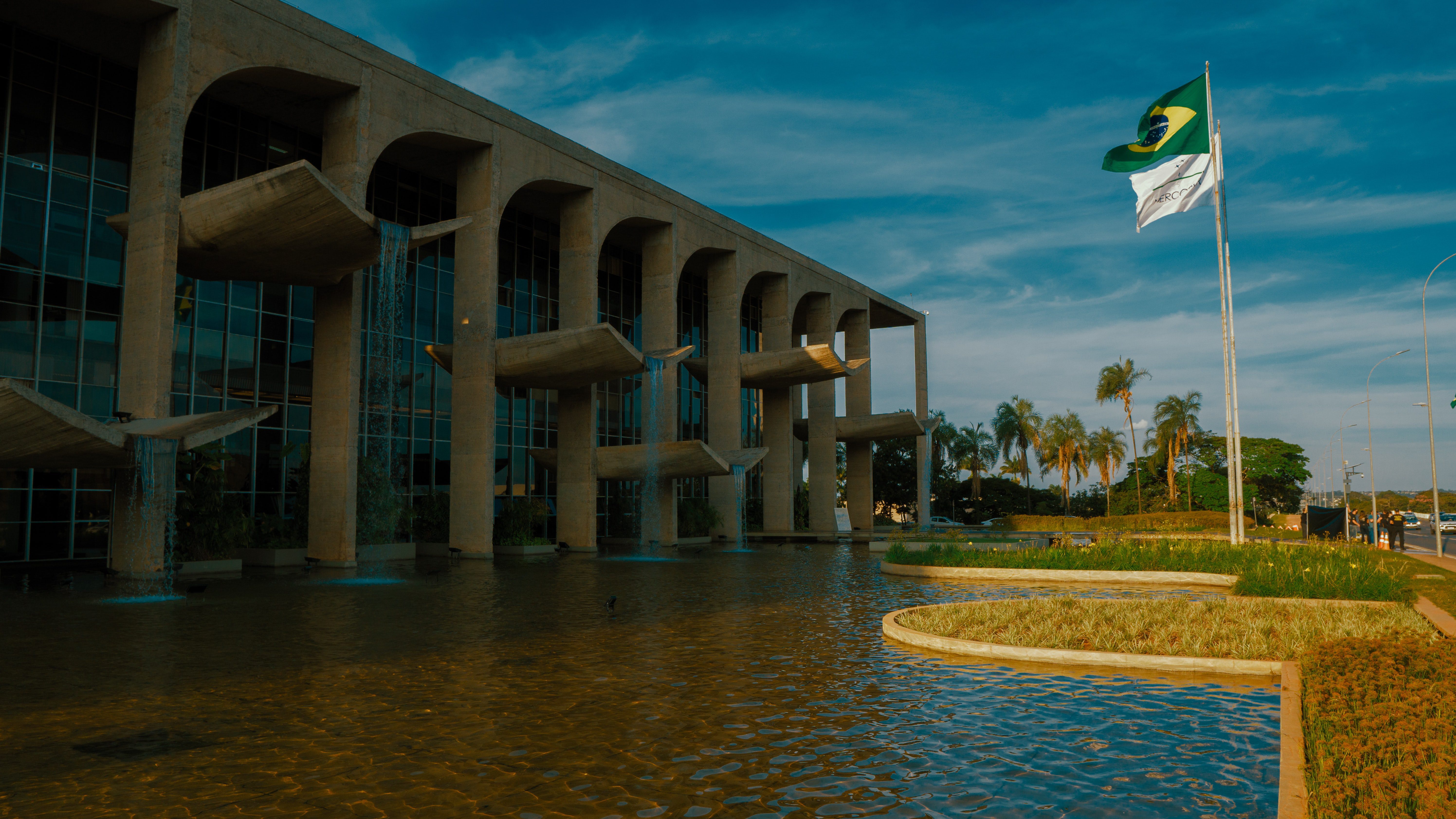
3. Command of the Armed Forces by the President
The President is the commander-in-chief of the Armed Forces, and has the power to declare war and make peace.
He is also responsible for ensuring order and internal security, and has the power to declare a state of siege or emergency in the event of a threat to peace or public order.
4. International representation by the President
The President is the country's highest representative in international relations and has the power to conclude international treaties and agreements.
He is also responsible for ensuring the defense of national interests and the promotion of international cooperation.
5. Electoral Calendar for the Presidential Election
- The electoral calendar is established by the Superior Electoral Court (TSE), and sets the dates for the main stages of the electoral process, including the opening of candidate registrations, the holding of elections, and the judgment of any appeals.
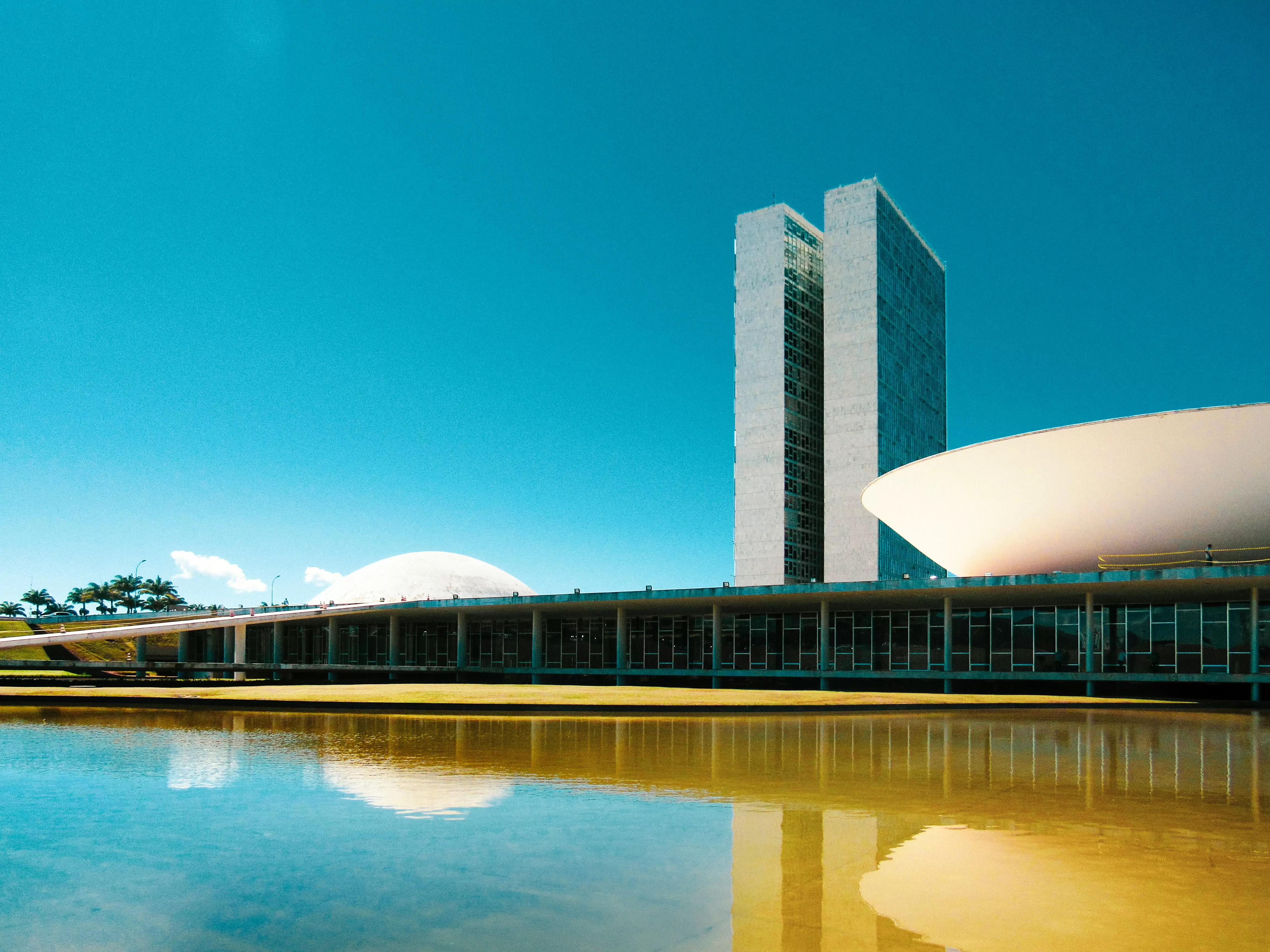
6. Requirements to run for President
- To run for President of the Republic, you must be a Brazilian citizen, at least 35 years old, and enjoy full political rights.
- In addition, it is necessary to have an electoral current account, and be presented by a political party or a group of citizens.
7. Election Campaign
- The electoral campaign is the period in which candidates for the position of President can publicize their proposals and candidacies.
- During the campaign, it is permitted to hold rallies, broadcast electoral propaganda, and carry out other activities to promote the candidacy.
8. Voting
- Voting for the election of the President of the Republic takes place on the second Sunday of October, and is done through direct and secret ballot.
- The candidate who obtains the absolute majority of valid votes will be elected President of the Republic.
9. Appeals and Judgment
- After the elections are held, it is possible to file appeals with the TSE to question the validity of the elections.
- The TSE is responsible for judging appeals and announcing the final election results.
10. Final Considerations
The electoral process for the election of the President of the Republic in Brazil is regulated by the Superior Electoral Court (TSE) and includes stages such as the electoral calendar, candidacy requirements, electoral campaign, voting, and appeals and judgment. The rules are established and monitored by the TSE, ensuring a clean, fair, and transparent electoral process.
In short, the President of the Republic is the country's elected leader, responsible for representing the country in international relations, ensuring national security and the country's defense, commanding the armed forces, and ensuring order and internal security.
